View cart “Pooja Ooti” has been added to your cart.
Previous product
Back to products
Navadhanya
₹35.00
Next product
Turmeric Powder (Haldi)
₹30.00 – ₹55.00
Yellow Mustard (Pili Sarso)
₹50.00
Description
- Yellow mustard seeds are used in Havan ceremonies as an offering, to signify destructions of enemies and removal of obstacles.
- It is specially used is yagnas related to Goddess Durga, Kaali, Rahu planet.
Quantity
- 100 gms
Categories: Daily Pooja Ingrediants, Pooja Ingrediants
Related products
Jau (Barley) grains
₹25.00
Brass Samai (Big)
₹3,500.00
Description
- Oil lamps are an integral part of every puja ritual and yajna.
- During the Aarti, the lamp is lit and is rotated in clockwise direction as a sign of invoking the energies of the deities.
- After the completion of Aarti, all devotees take the blessings from fire god.
- This Samai can lit five wicks simultaneously and has a holder in the center.
- Its religious appeal makes it a must-have for every altar to invoke the divine blessings.
- Made of thick brass with long lasting finish.
- Artistic carving and fine finish.
Specifications
- Material - Brass
- Pack of - 1
- Size - 65 cm (Height) , (Top W) 15 cm x 13 cm (Bottom W)
- Weight - 3 kg
Janeu
₹40.00
Description
- The Janeu provides three strands, which symbolizes Hinduism's sacred trinity- Lord Brahma, Lord Vishnu & Lord Shiva.
- It is also synonymous with the three Vedas -Rig Veda, Sama Veda & Yajur Veda.
- In addition, they symbolize the three qualities - satogun - purity & goodness, Rajogun -love of delicate pleasure & Tamogun – inferior qualities. 20 pcs Gatta The size of janeu is full.
Quantity
- Set of - 2
Black sesame (Kala Teel)
₹175.00 – ₹340.00
Description
- It is also known as Kura Goma. These seeds are used for purifying the body.
- Water boiled with these seeds makes body pure.
- Black til is mixed in either milk/ water and then offered to Lord Shiva in the form of Abhishek.
- It is equivalent to doing abhishek with 'punchamrat' (a combination of 5 things).
- This seed is very dear to the Pitars (deceased ancestors).
- Black sesame or kaala teel is part of hawan samagri, mix up in hawan samagri as homam dravya , exotice herbs.
- In shani, hanuman, shiva pooja and hawns major samagri used is black teel. on the day of saturday and tuesday with chameli oil black teel is offers to lord hanumanji, too remove saturn effect.
Quantity
- 250, 500 gms
Kesar
₹190.00
Description
- Kesar have been derived from the Northern Indian region, Kashmir, where old saffron was produced.
- Saffron is the most expensive spice in the world.
- Saffron's aroma is unique and there is no substitute for it.
- It is offered to deity idols and afterwards distributed and smeared on the foreheads of devotees.
Quantity
- 0.025 gms
Brass Panchaarti (Small)
₹660.00
Description
- The importance of lighting a diya during worship can be traced back to Vedas.
- Light symbolizes knowledge and darkness, ignorance.
- The Lord is the “Knowledge Principle” (chaitanya) who is the source, the enlivener and the illuminator of all knowledge.
- Hence light is worshipped as the Lord Himself. Knowledge removes ignorance just as light removes darkness.
- Also knowledge is a lasting inner wealth by which all outer achievements can be accomplished.
- Hence we light the lamp to bow down to knowledge as the greatest of all forms of wealth.
- We therefore keep a lamp lit during all auspicious occasions as a witness to our thoughts and actions.
Specifications
- Material – Brass
- Pack of – 1
- Weight – 245 g
Pooja Ooti
₹50.00
Description
- Essential ingredients for offering to deities during daily worship.
Contents
- Mix of 5 dry fruits Walnut, Almond, Dates, Betelnut, Turmeric (Akhrot, Badam, Kharek, Supari, Haldi) - 5 pieces each.
- Karanda Phani: The vastra (clothing) made out of cotton and haldi (turmeric) and kumkum (vermilion) and Saubhagyalen (i.e green bangles, mangalsutra) is called 'Karanda Phani'.
Quantity
- 1 pcs each
Akshat / Rice
₹100.00
Description
- Akshat basically consists of uncooked un-broken pieces of rice.
- Akshat is believed to be equal to offering clothes, jewelry, food, or any other offering.
- Akshat is usually thrown over the head of the devotees during Pooja and during functions like marriage and other auspicious events.
- Akshat / Rice Grains is one of the primary things without which the worship of the deity cannot be accomplished in a proper way.
- They are actually the symbols of prosperity and wealth.
Quantity
- 250 gms


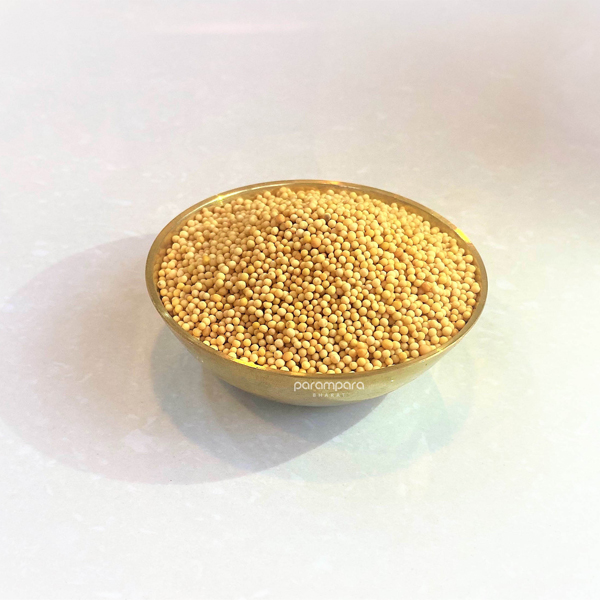
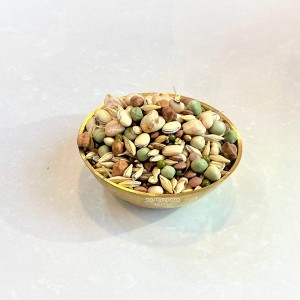
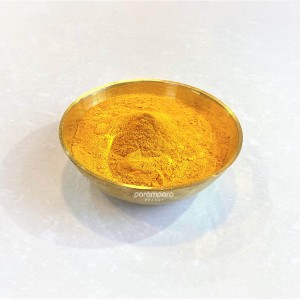
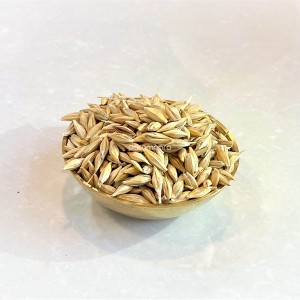

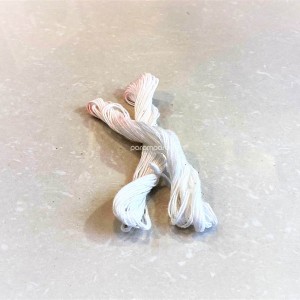

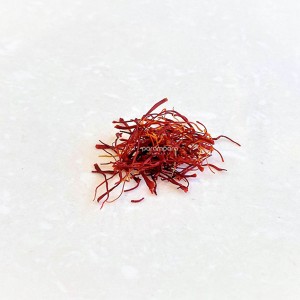

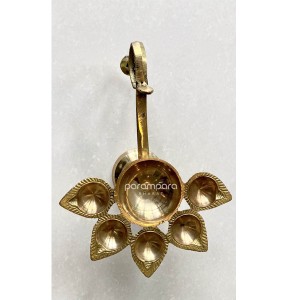
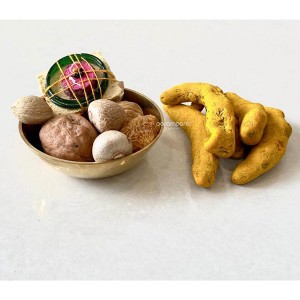
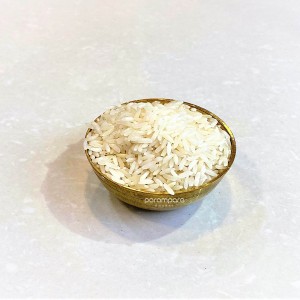


Reviews
There are no reviews yet.